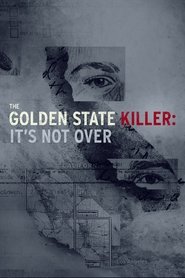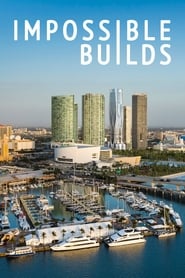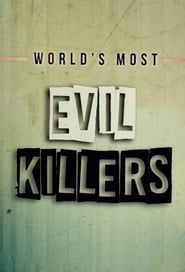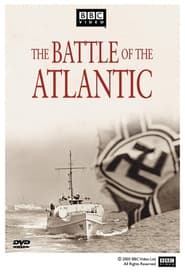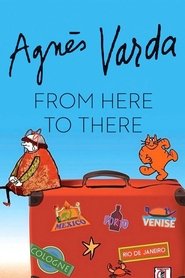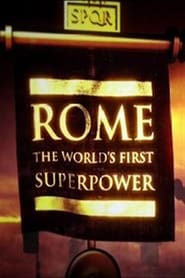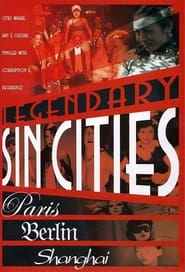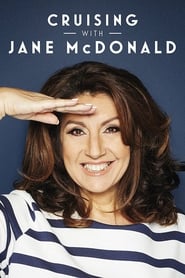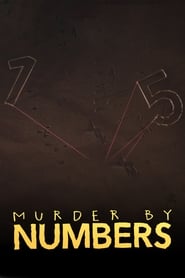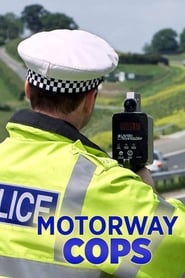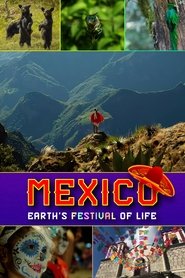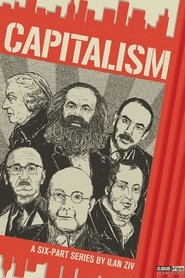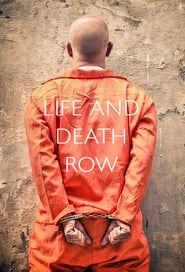Top Rated Documentary TV Series on Tub Tv - Page 136
-
The Golden State Killer: It's Not Over
2018
star 6.6He's the most prolific serial predator in California history, but remains mostly unknown. His reign of terror began in the 1970s, but the fear lingers today. Who is The Golden State Killer? Investigators past and present are committed to finding out. -
Impossible Builds
2018
Impossible Builds
2018
star 6.6Learn about the creation of some of the world’s most ambitious and technologically advanced buildings. From subaquatic homes to futuristic towers and pencil thin skyscrapers, see how these previously impossible structures are taking shape. -
World's Most Evil Killers
2018
star 8.4World’s Most Evil Killers delves into the gripping real-life stories of the world’s most terrifying and prolific killers. From Fred and Rose West to Ed Gein – The Clown Killer – and even to The Milwaukee Cannibal. Each episode focuses on one notorious killer and features authentic first-hand accounts of their behavior, from detectives who ran the case, journalists who reported on the stories, relatives, and at times survivors, alongside series experts who provide analysis. These criminologists, crime journalists and psychologists examine how the infamous killers made headlines both nationally and internationally and why they still continue to evoke fear and fascination in the public eye. -
Battle of the Atlantic
2002
star 6.9Explores the desperate struggle for survival on a hostile ocean during the longest and bloodiest battle of the Second World War. -
Agnès Varda: From Here to There
2011
star 6.4Agnès Varda takes us on a journey of discovery as she travels the globe—from Stockholm to St. Petersburg, Lisbon to Rio de Janeiro, Mexico City to Los Angeles—meeting with friends, artists, and fellow filmmakers. -
WWI: The First Modern War
2014
star 7When ancient war tactics became overwhelmed by powerful new weapons like tanks, air attacks, weapons of mass destruction and submarines, a pivotal game-changing moment in history occurred. History is delving into the background of each weapon explaining the how and why they were developed, the strategy, and their ultimate effectiveness. -
Rome: The World's First Superpower
2014
star 6The history of Rome is a 1,000-year-long epic, filled with murder, ambition, betrayal and greed and encompassing such legendary characters as Rome’s Iron Age founders Romulus and Remus and its greatest general Julius Caesar. Larry is accompanied by some of Europe and America’s foremost classical experts who reveal the atmosphere of intrigue, conflict and violence at the places where the saga unfolded. -
Legendary Sin Cities
2005
Legendary Sin Cities
2005
star 4.2Of all the remarkable events of this century perhaps the most fascinating has been the spontaneous growth, flowering and then decay of a handful of great cities. These cities were places where art, culture and political liberties co-mingled with corruption, brutality and decadence. Everything and just about anyone could be bought and sold. The immigrant would struggle beside the artist. Gamblers, thieves and prostitutes co-habited with soul-savers, the rich and the powerful. The exhilarating combination of the seamy with the sublime made these places a magnet for all the lost souls and refugees of the world. Pushing the limits of tolerance and freedom, they defined the social, political and sexual culture of the 20th century. Their names ring out: Paris of the '20s, Berlin of the '20s and '30s and Shanghai of the '30s. -
Evil Things
2017
Evil Things
2017
star 6Revealing the horrifying stories of people who barely survived terrifying paranormal activity caused by possessed or cursed objects. Each twister mystery exposes the sinister secrets hiding within the most innocent items. -
Japanology Plus
2014
Japanology Plus
2014
star 6.4Host Peter Barakan delves into various aspects of Japanese culture; exploring practices, history, and modern innovations in such areas as ramen, rice, sushi, geisha, bonsai, and so much more. Local experts discuss their passions at fascinating length, and American Japanophile Matt Alt experiences the food, practices, and cultures in each episode in depth. Viewers will finish each half hour episode with a new understanding of an area of Japanese life through demonstrative videos and explanations, all delivered respectfully and true to the Japanese way of life. -
Cruising with Jane McDonald
2017
star 8.5TV presenter and former cruise ship entertainer Jane McDonald hosts a travel show in which she embarks on a series of ocean odysseys aboard some of the world's largest and most luxurious cruise ships. -
Murder by Numbers
2017
Murder by Numbers
2017
star 8.4Each episode of this true-crime series begins with the grisly discovery of a body and the onset of an intense investigation. When police think they've solved the case, shocking twists sends each investigation into the depths of evil. -
Motorway Cops
2008
Motorway Cops
2008
star 6.4Cameras catch the intense action that follows the law enforcers of Britain's motorways as they pursue criminals of all types. -
Everyday Miracles: The Genius of Sofas, Stockings and Scanners
2014
star 6.6Professor Mark Miodownik shows the hidden aspect of modern day life. -
The Notorious
2015
The Notorious
2015
star 6.2Two years ago Conor McGregor was an apprentice plumber grinding out a living on the building sites of Dublin city; now the path is set for him to get a shot at the UFC world title. With the eyes of the world on him, Conor has everything to lose in a profession that treads a fine line between failure and success. -
China from above
2015
China from above
2015
star 5China is a land of immense scale and diversity, an ancient civilization with a fascinating history dating back thousands of years. From the monumental engineering feats of the Great Wall, to innovative and unique farming techniques, and a massive water splashing festival, you’ll discover how China has transformed its cities and infrastructure so much in three decades while still retaining its strong traditions, and how these strong traditions have shaped China’s landscape to make it uniquely recognizable and truly magnificent, especially from the air! -
Earth's Greatest Spectacles
2016
star 9.4Set in three of the most seasonally changeable landscapes on earth - Svalbard, Okavango and New England - this series showcases the stunning transformations that occur each year, revealing the unique processes behind them and showing how wildlife has adapted to cope with the changes. -
Mexico: Earth's Festival of Life
2017
star 8.2The diverse peoples, wildlife, landscape and culture of Mexico are explored by focusing on three distinct worlds, great mountain ranges, tropical forests and scorching deserts. -
Capitalism
2014
Capitalism
2014
star 8.2Capitalism has been the engine of unprecedented economic growth and social transformation. With the fall of the communist states and the triumph of "neo-liberalism", capitalism is by far the world's dominant ideology. But how much do we understand about how it originated, and what makes it work? -
生死牢房
2014
生死牢房
2014
star 8.4The story of capital punishment through the eyes of young people whose lives have been shaped by it.
 Netflix
Netflix
 Amazon Prime Video
Amazon Prime Video
 Apple iTunes
Apple iTunes
 Apple TV Plus
Apple TV Plus
 Disney Plus
Disney Plus
 Google Play Movies
Google Play Movies
 Paramount Plus
Paramount Plus
 Hulu
Hulu
 HBO Max
HBO Max
 YouTube
YouTube
 fuboTV
fuboTV
 Peacock
Peacock
 Peacock Premium
Peacock Premium
 Amazon Video
Amazon Video
 The Roku Channel
The Roku Channel
 AMC+
AMC+
 Kocowa
Kocowa
 Hoopla
Hoopla
 The CW
The CW
 Vudu
Vudu
 Starz
Starz
 Showtime
Showtime
 PBS
PBS
 Pantaflix
Pantaflix
 FXNow
FXNow
 Tubi TV
Tubi TV
 Kanopy
Kanopy
 Comedy Central
Comedy Central
 Crunchyroll
Crunchyroll
 Microsoft Store
Microsoft Store
 Redbox
Redbox
 Sun Nxt
Sun Nxt
 ABC
ABC
 DIRECTV
DIRECTV
 Crackle
Crackle
 Fandor
Fandor
 Plex
Plex
